Search
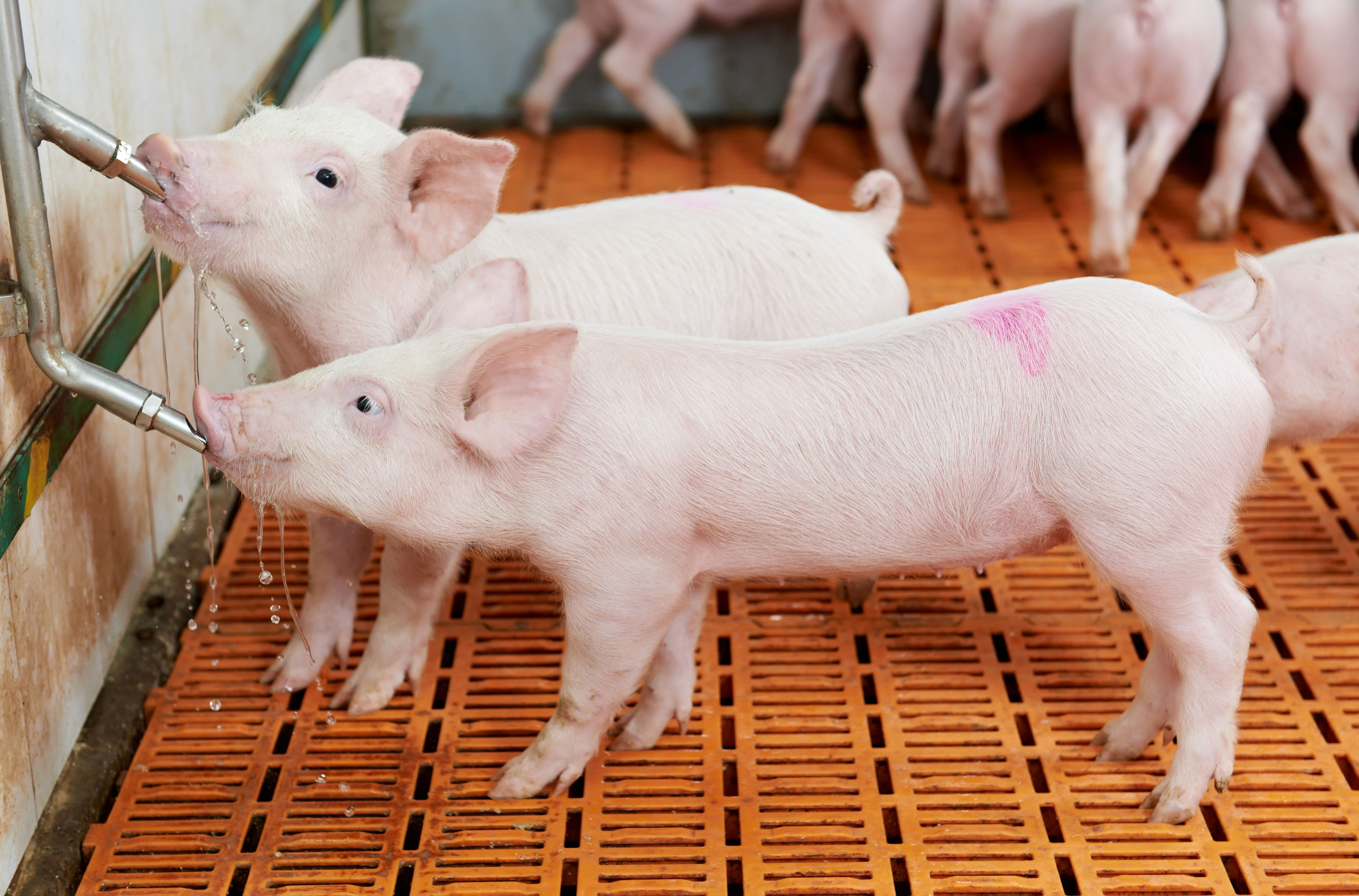
Nursery Pig Performance Impacted by Total Dissolved Solids in Water
Because water quality can vary considerably between production sites, it is important to identify the qualities of water that impact the growth performance of nursery pigs.

Dealing With Spring Mud and Flooding
As the snow melts, we are going to be left to deal with mud at a minimum and extensive flooding as a possible worst-case scenario. While we can’t control the pace of melting or the possibility of additional precipitation, we may be able to take a few steps to mitigate the negative impacts.
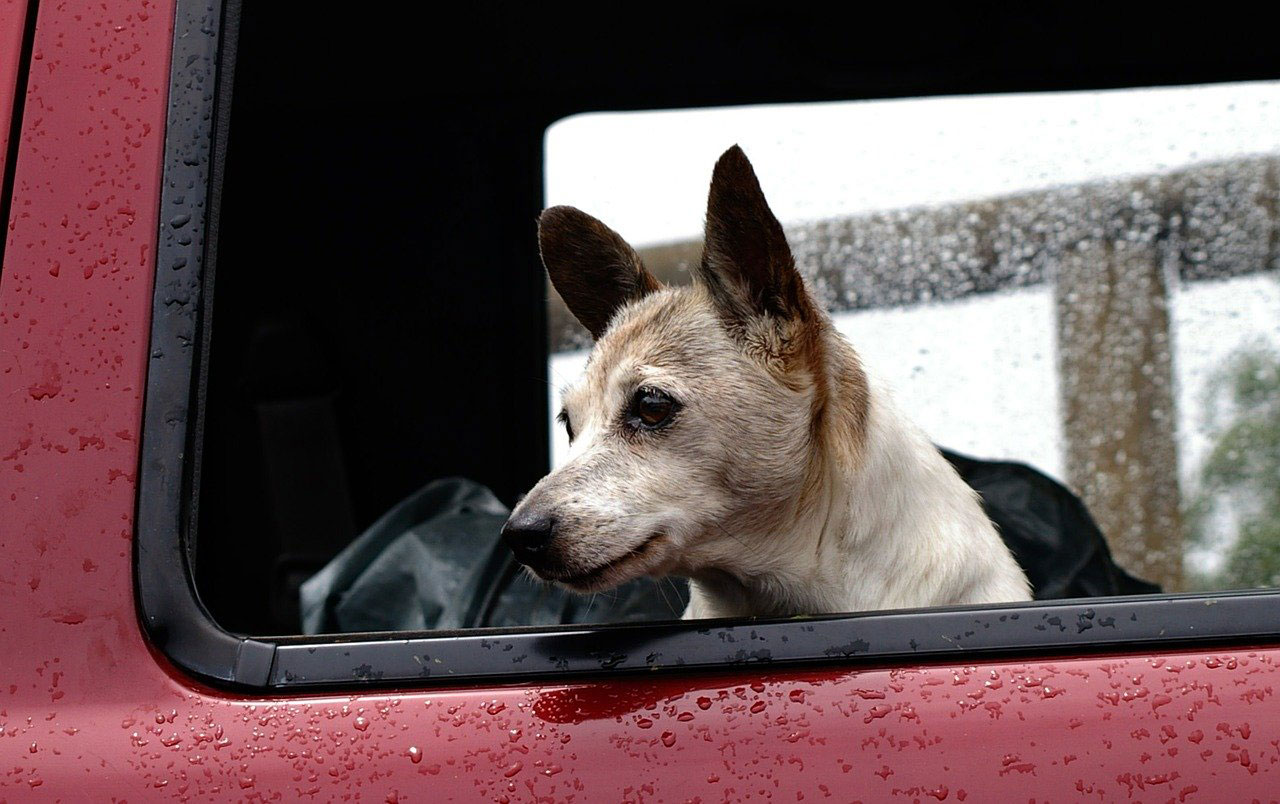
Preparing to Keep Pets Safe and Healthy During Flood Conditions
As is the case with providing for the care of livestock and other large animals during flooding, a little forward planning for the care of pets can really pay off when considering the disruptions that spring flooding can bring.

Managing Weed Seed in 2020
Producers need to plan in advance on how to deal with bare fields that contain an overabundance of weeds. Weeds in these fields have deposited significant amount of seeds on the soil surface, which can easily germinate when adequate moisture and temperature are available.
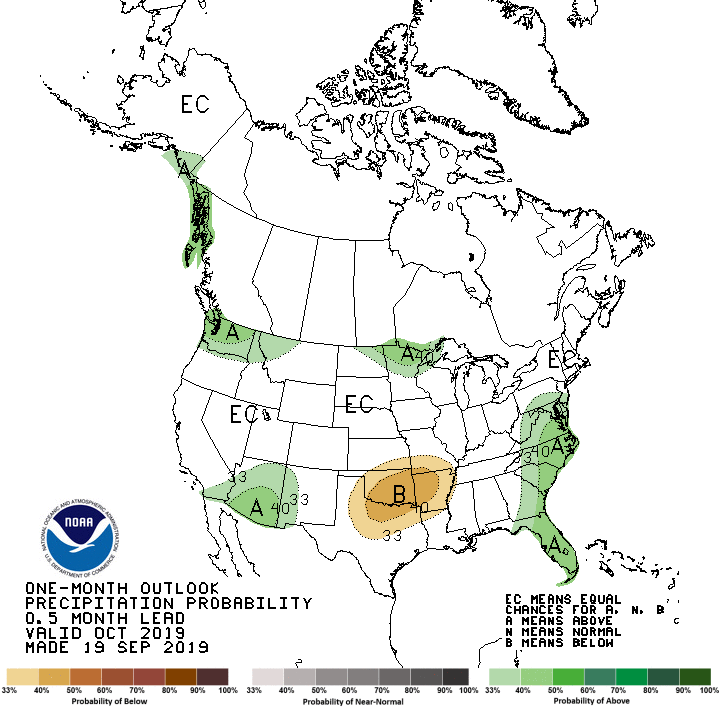
Fall Frost and September Climate Outlook for 2019
September 2019 has been pleasantly warmer than usual, and our crops need every bit of that warmth to reach maturity before our first frost arrives. Fortunately, temperatures have cooled slightly this week but just to near average for this time of year.
Multi-Species Grazing as an Alternative to Pasture Spraying
Broadacre spraying of pastures is intended to reduce undesirable plants and increase grasses for livestock. This practice often results in unintended consequences, including damage and reduction of native forbs and reduced profitability. One approach to managing perceived “weedy” plants is incorporating different species of livestock into a grazing operation.
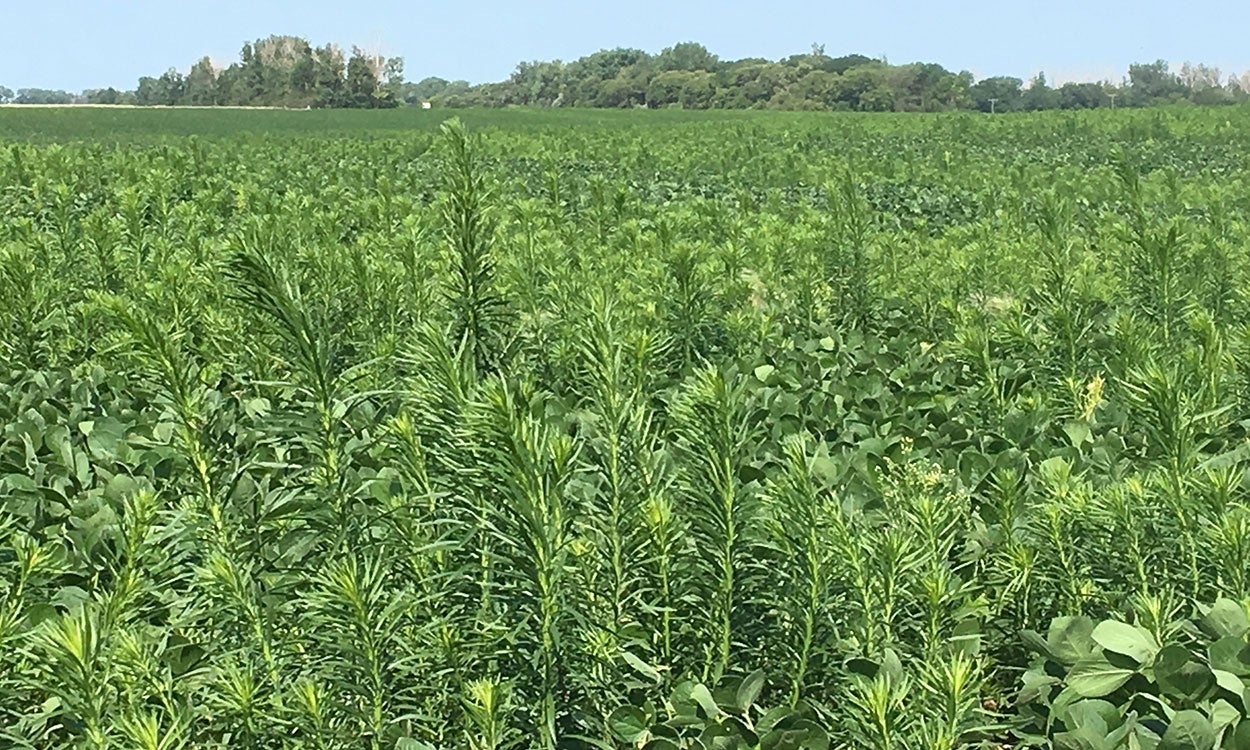
Marestail Fall Control
Marestail (also known as horseweed) is considered either a winter annual or biennial species that is often difficult to identify at the rosette stage. In the Dakota’s, marestail will germinate in the fall and bolt in the spring.
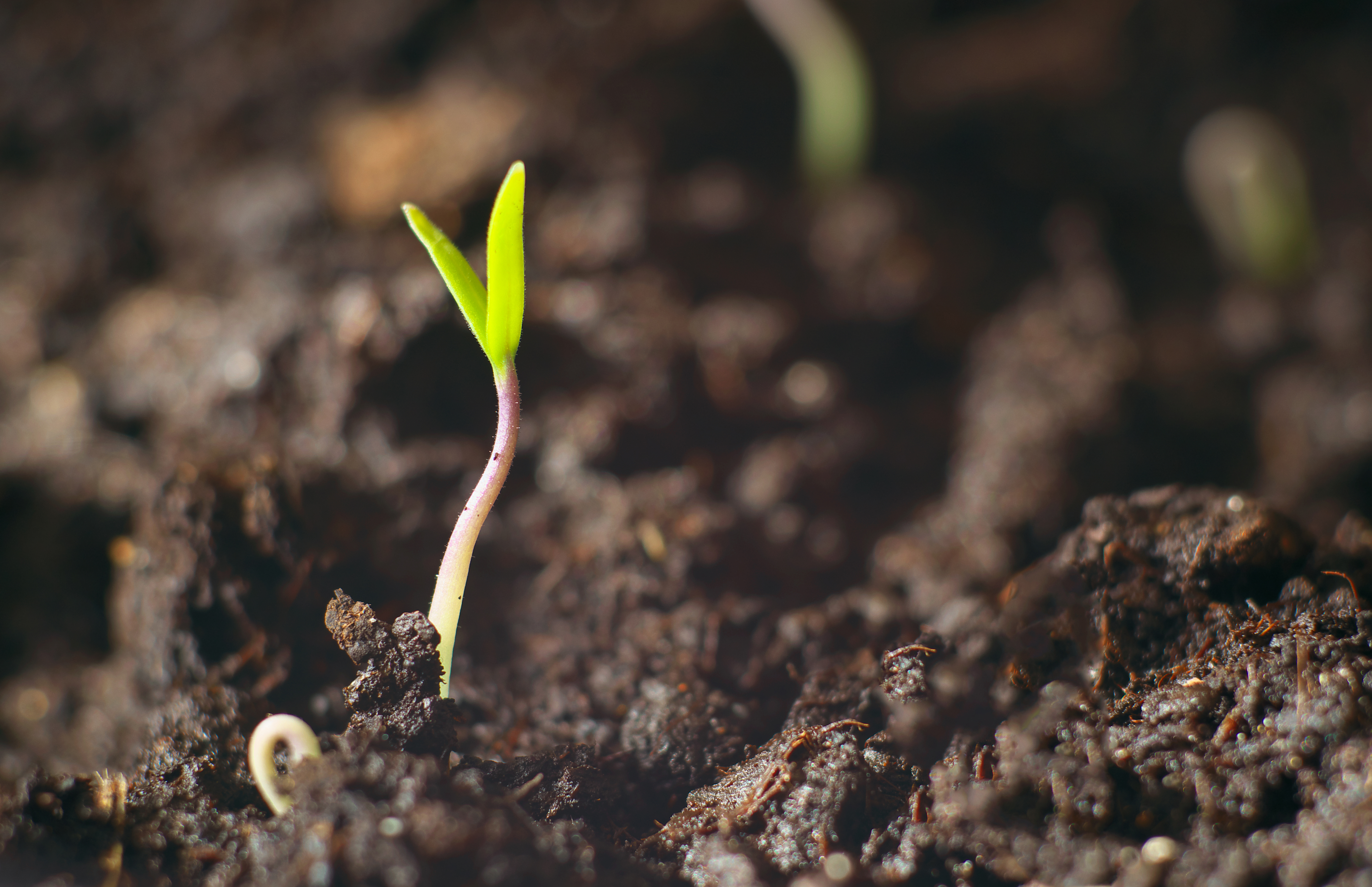
SDSU Extension to Address Economic and Marketing Issues in Crop and Livestock Production During Ag Economic Dialogue Series
August 06, 2020
SDSU Extension will host monthly Ag Economic Dialogues throughout 2020 to assist farmers and ranchers in making the best and most profitable decisions for their operations.
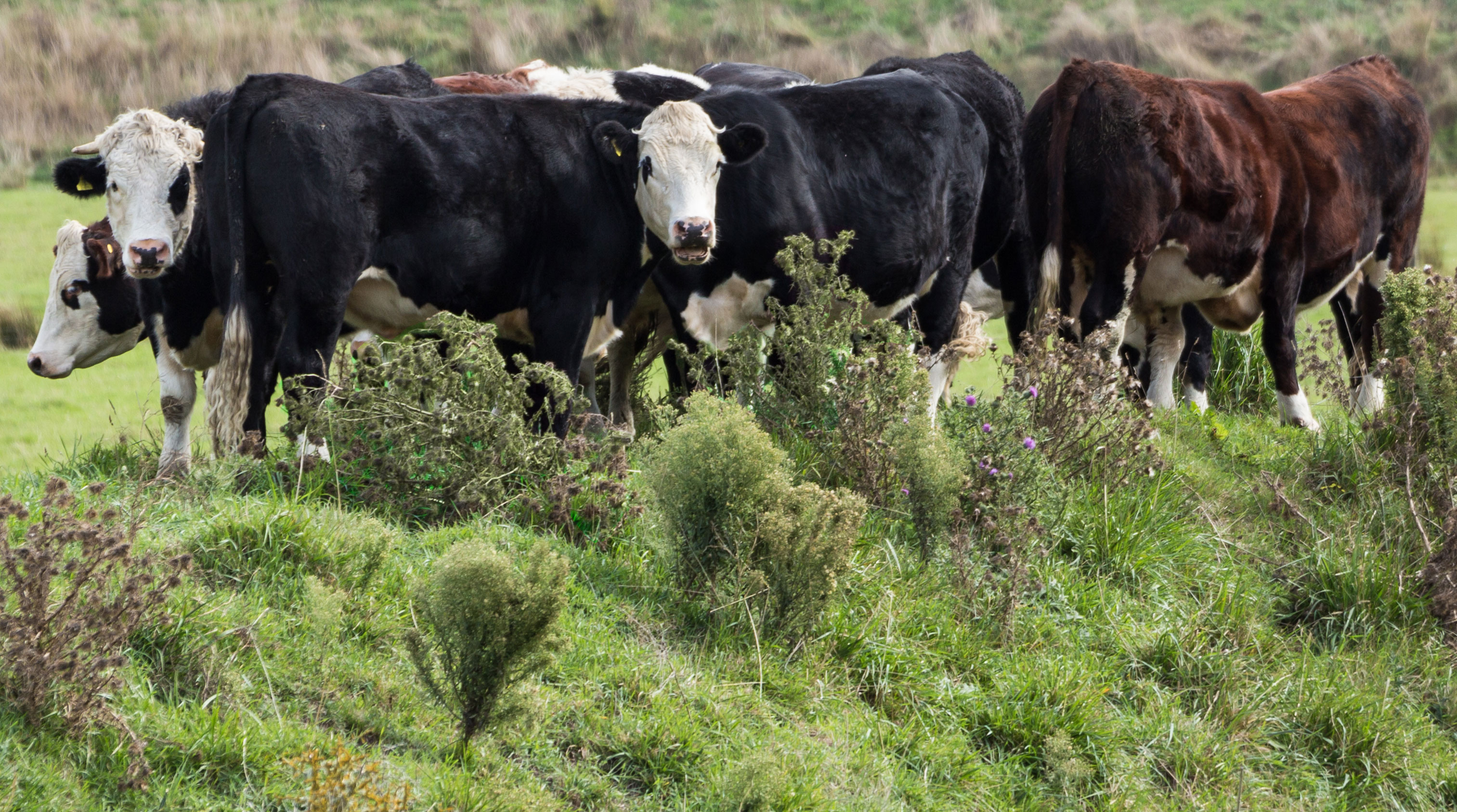
Alternative Pasture Weed Control
The term ‘weed’ can be broadly applied to any plant that is undesirable at any given time and place based on certain criteria. It is important to understand that the word ‘weed’ has become a general term with no universal definition, and many plants are considered to be weeds, depending on location.
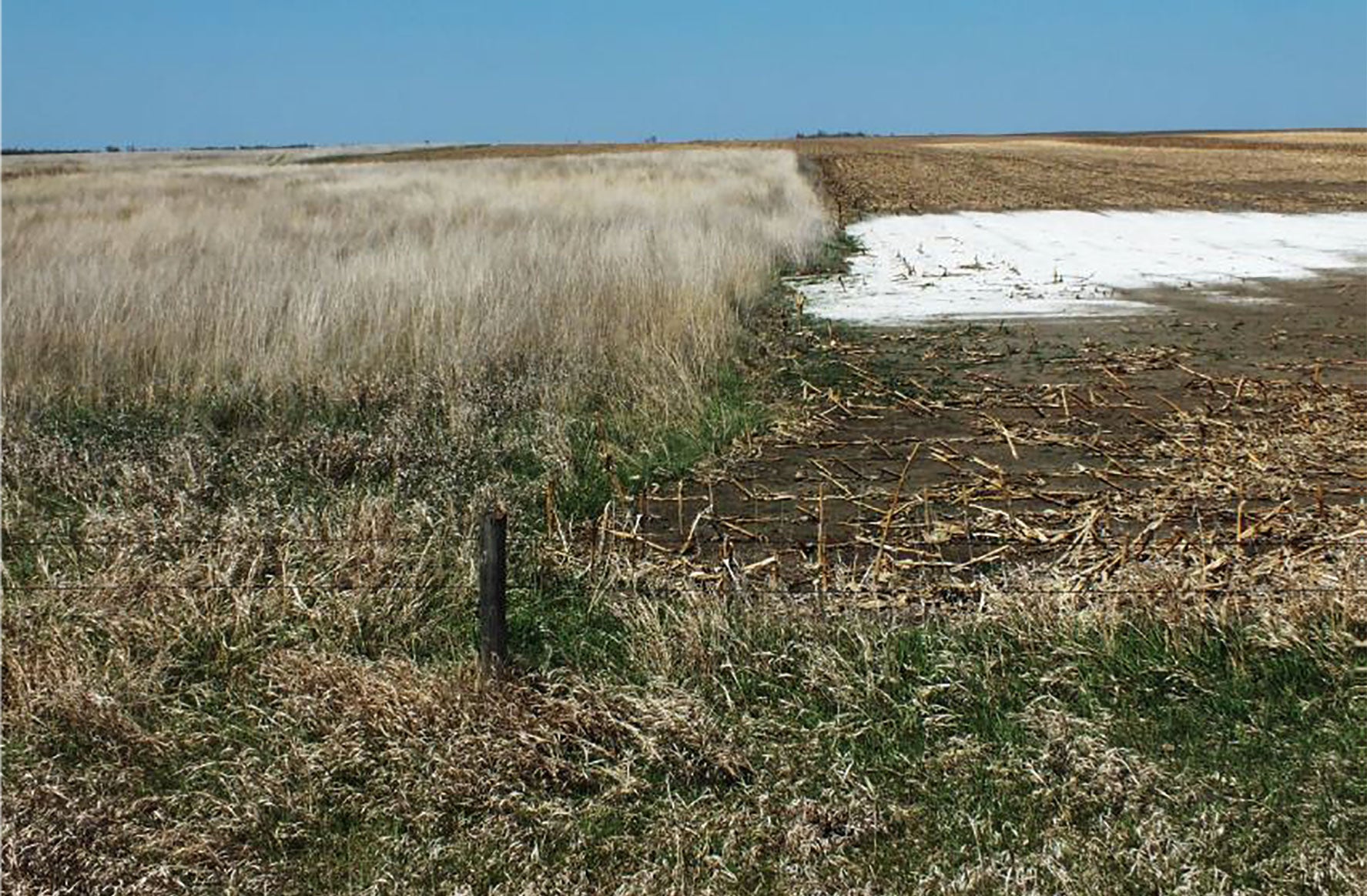
Managing Weeds While Transforming Marginal Land Into Perennial Forages Production
There are currently millions acres across South Dakota impacted by saline and sodic conditions. Research has shown that salt-tolerant perennial grasses are a possible way to bring land back into production.